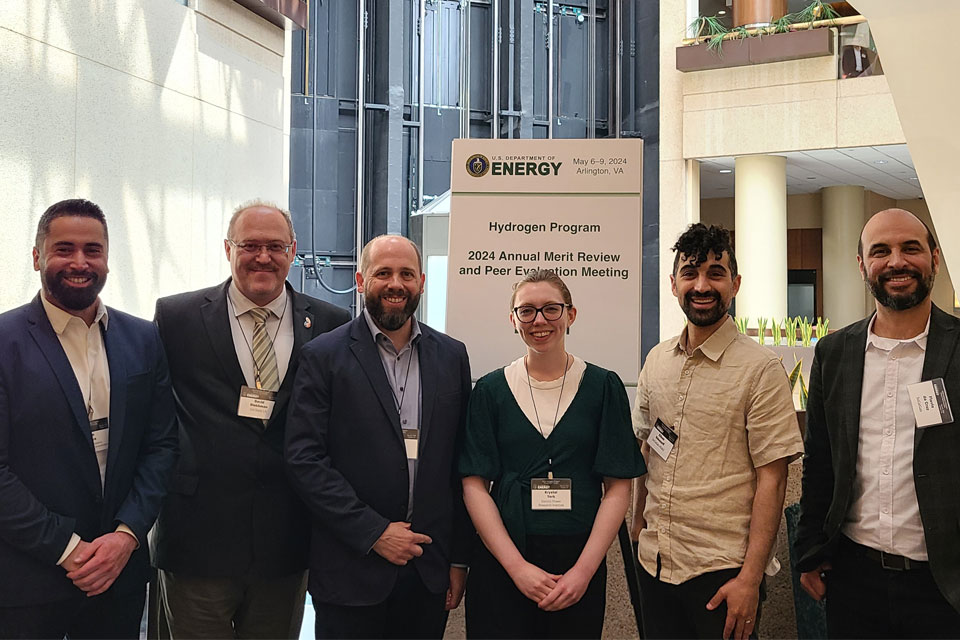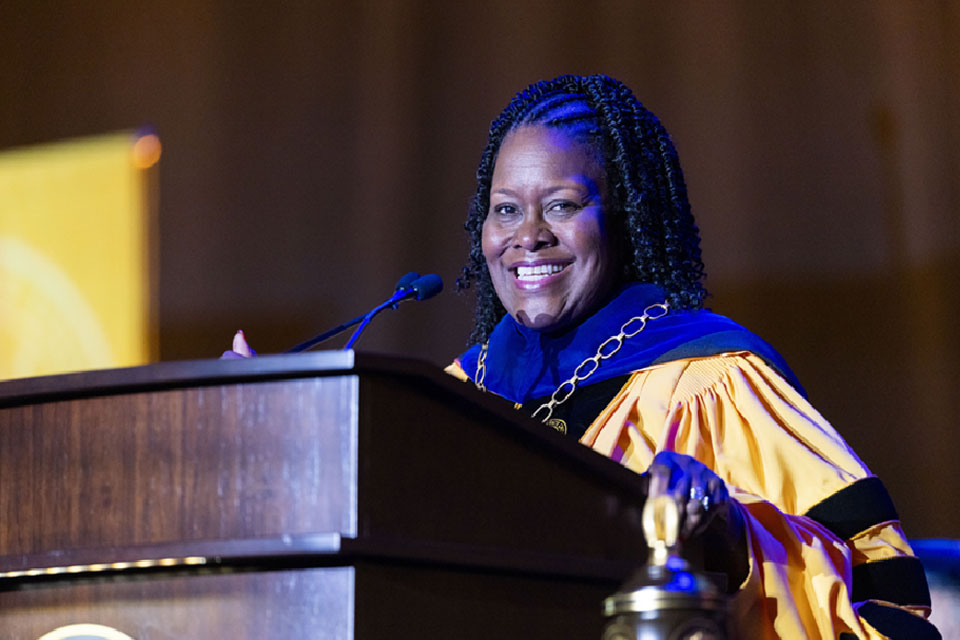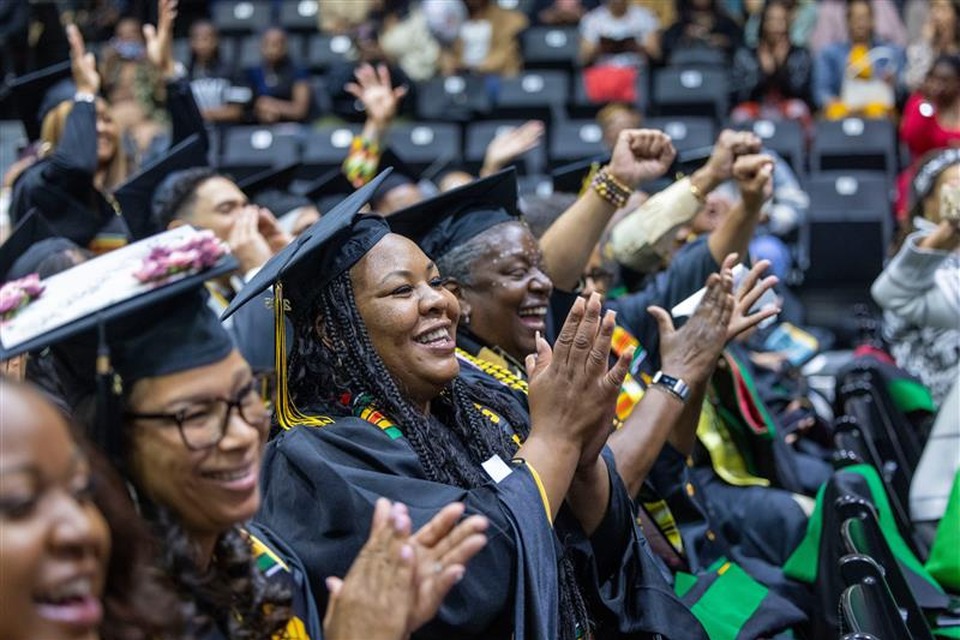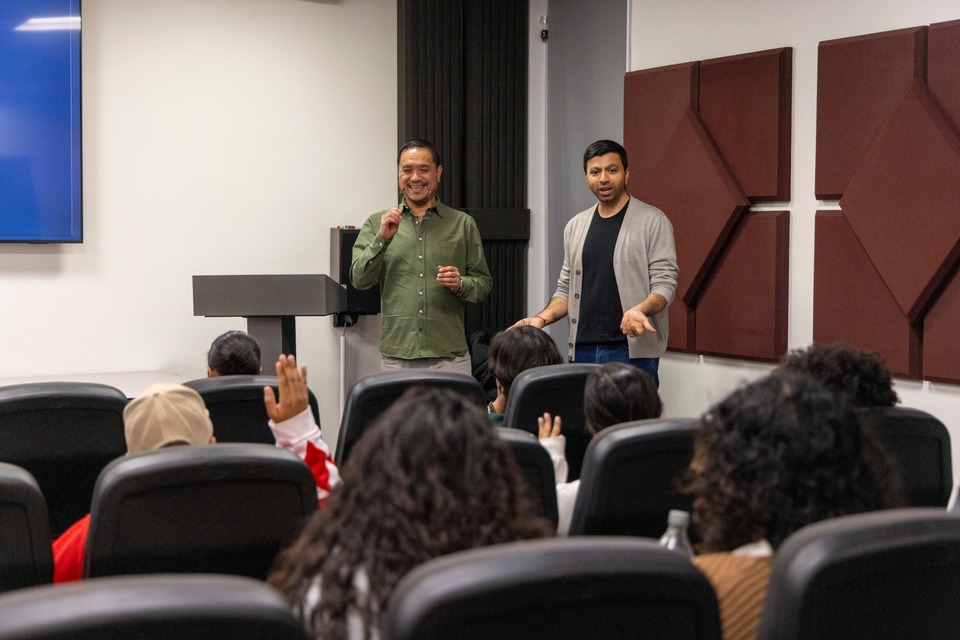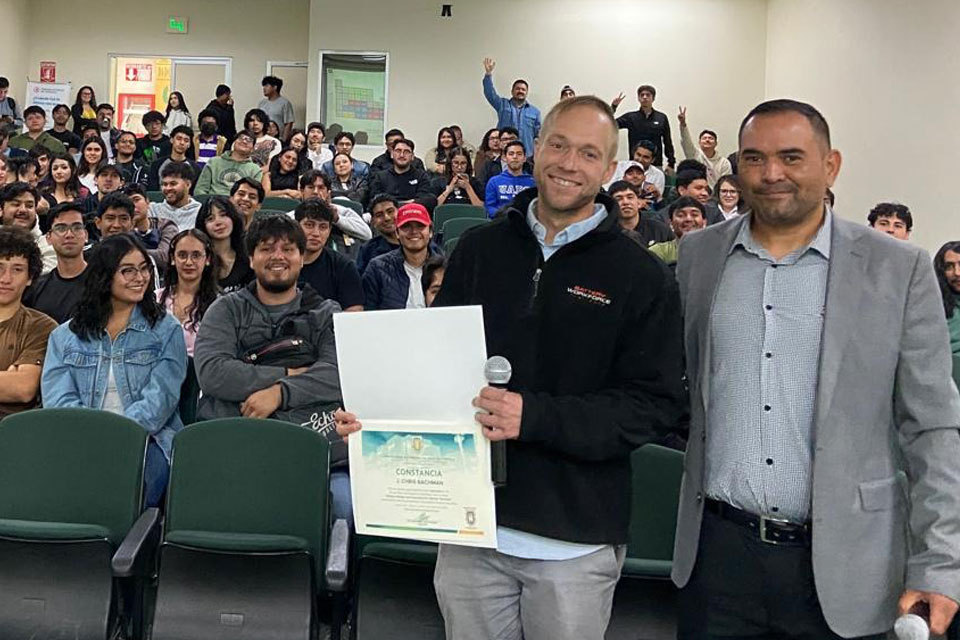Cal State LA and Southern California Gas Co. (SoCalGas) have teamed up to offer development and training opportunities for the emerging and existing workforce in the hydrogen industry through the Hydrogen Education for a Decarbonized Global Economy (H2EDGE) initiative. SoCalGas selected Cal State LA to become one of 20 affiliated universities participating in the H2EDGE program, representing the only paired participants from California.
H2EDGE, created by the Electric Power Research Institute and supported by the U.S. Department of Energy’s (DOE) Hydrogen and Fuel Cell Technologies Office (HFTO), establishes a foundation that aims to develop a strong hydrogen workforce and further advance hydrogen technologies and uses. The program provides instruction through short courses, online workshops, professional development activities, and networking opportunities.
As part of the H2EDGE program, mentoring student-led projects will be instrumental. Mentorship is a key component of Cal State LA’s and SoCalGas’ relationship as SoCalGas engineers has recently mentored Cal State LA students to develop a modern HVAC system for SoCalGas’ [H2] Innovation Experience. The students simulated various conditions and scenarios, including modeling a hydrogen blend-powered home in different environments, such as the desert or mountains, to test how geography would impact the HVAC system.
“We are thrilled to collaborate with Cal State LA on the H2EDGE initiative, which is pivotal in helping to shape the future of the hydrogen industry workforce in the region,” said Neil Navin, senior vice president of engineering and major projects and chief clean fuels officer at SoCalGas. “This collaboration underscores our commitment to advancing hydrogen technologies and fostering educational opportunities that can drive innovation and sustainability. By working together, we are not only preparing the next generation of engineers but also working to help California reach its decarbonization goals. We look forward to the impactful contributions that Cal State LA students will bring to the H2EDGE program and the broader hydrogen economy.”
The H2EDGE initiative has seen a significant increase in student participation on the Cal State LA campus. Cal State LA houses the Hydrogen Research and Fueling Facility (HRFF), the nation’s largest hydrogen fueling facility on a university campus for fuel cell electric vehicles (FCEVs).
“Cal State LA has been involved in hydrogen research and workforce development for almost two decades through its innovative curriculum and student internships at its HRFF,” said David Blekhman, technical director of Cal State LA’s HRFF and professor of technology in the university’s College of Engineering, Computer Science, and Technology. “I want to thank SoCalGas for its ongoing support of our hydrogen training programs. We look forward to contributing to H2EDGE and SoCalGas’ workforce development initiatives as we explore the future of the hydrogen economy and workforce.”
Together, renewable electricity and clean renewable hydrogen can help facilitate a scalable, resilient, and decarbonized energy system in California while creating new jobs. SoCalGas is working to help shape California’s 21st-century energy system through investments in clean renewable hydrogen, renewable natural gas, fuel cells, and carbon management.
SoCalGas’ workforce development program aims to achieve social impact in diversity, equity, and inclusion in the workplace and community. In addition to its collaboration with Cal State LA and participation in the H2EDGE program, SoCalGas invests in 46 workforce development programs throughout its service territory.
Please visit the SoCalGas website to learn more about its hydrogen initiatives and visit the college’s website to learn more about Cal State LA’s HRFF.
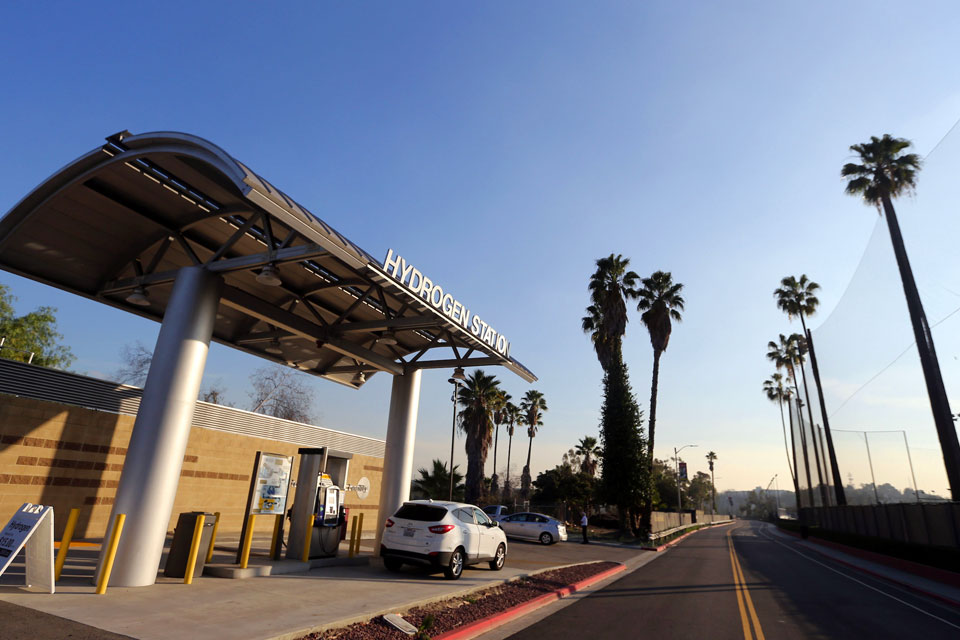
# # #
California State University, Los Angeles is the premier comprehensive public university in the heart of Los Angeles. Cal State LA is ranked number one in the United States for the upward mobility of its students. Cal State LA is dedicated to engagement, service, and the public good, offering nationally recognized programs in science, the arts, business, criminal justice, engineering, nursing, education, and the humanities. Founded in 1947, the University serves more than 24,000 students and has more than 250,000 distinguished alumni.

